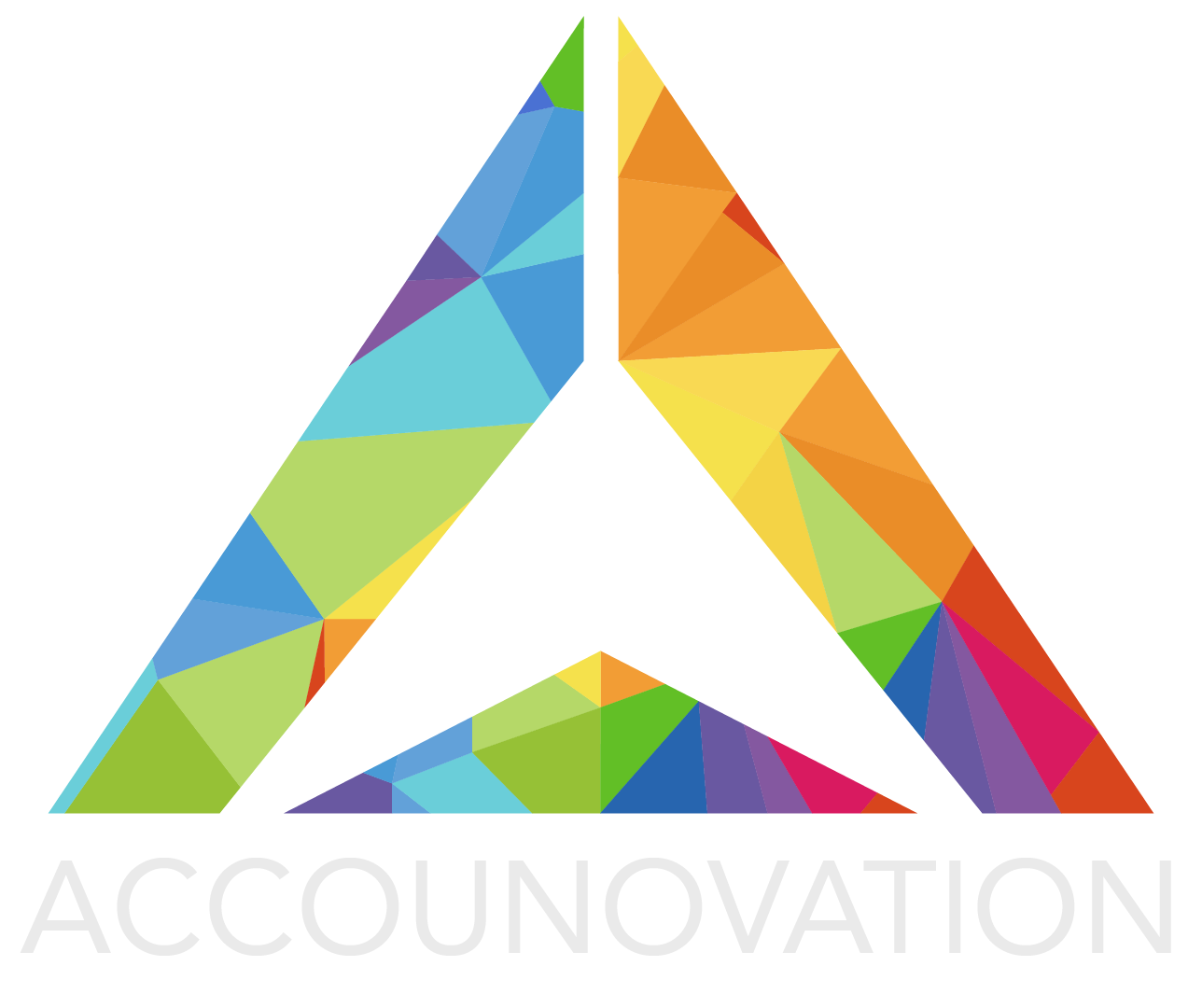How to Forecast Revenues for Future Business Planning
What Is Revenue Forecasting?
Projecting and forecasting your revenues are one of the most essential parts of budgeting. The foundation of your budget is the proper assessment of your core revenue stream. The sale of assets or profits from investments are irregular revenues that can be considered separately.
Understanding Time Series Analysis in Revenue Forecasting
Time series analysis is a widely used method for predicting future revenue by examining patterns in historical data collected at consistent intervals—monthly, quarterly, or annually, for example. By looking closely at trends, seasonal fluctuations, and other recurring patterns within your sales records, you can make more informed estimates about what’s ahead for your business.
In practice, this might mean identifying predictable spikes during holiday seasons or slower periods in the off-season. Techniques within time series analysis, like the weighted moving average, help you smooth out irregularities and emphasize more recent trends, resulting in forecasts that better reflect current business realities.
Taking the time to apply time series analysis adds a layer of science to your forecasting process, allowing you to base your expectations not just on gut instinct, but on measurable evidence and clear historical data.
How To Forecast Revenue
1. Decide if you are going to use judgement forecasting, quantitative forecasting or a combination of both.
Judgement forecasting as the name suggests is the process of using intuition and experience to forecast the year’s income and expenses. This method often involves gathering insights from key executives or experienced team members—sometimes a panel of C-suite leaders, and in smaller companies, perhaps just the founder. Their expertise can be invaluable, especially when you’re breaking new ground, launching a new product, or operating in an environment where historical data is scarce or not particularly relevant. While this approach is more subjective, it leverages industry know-how and gut instinct to guide your revenue estimates, which can be crucial when reliable numbers simply don’t exist. On the other hand, quantitative forecasting is a more scientific approach and involves using previous years revenue data from your own business or other similar businesses in the industry as a basis for tracking trends and making predictions. A combination of these two methods will help you achieve a more accurate prediction of the upcoming fiscal year.
2. Use the previous years’ revenue statement
Start by making the base of your prediction from the previous years’ revenue statement. Consider changes that may have occurred since then in terms of personnel, products, pricing, competition and any other factors that could be of consequence to your future revenue.
3. Calculate the anticipated revenue.
This can be done by taking the average selling price (ASP) for future periods and multiplying it by the number of expected units sold. It is important to separate individual income sources to get a clearer picture of the variables affecting each revenue stream. For example online vs. retail sales or different product lines.
4. Review and update the forecast on a regular basis
This needs to be done to reflect the ground realities of the business. Input changes at least once a quarter if not once a month.
Data-Driven Revenue Forecasting: Methods, Tools, and Pitfalls
Effective revenue forecasting requires balancing data insights with flexibility.
Avoid over-reliance on historical trends—past performance can’t account for new competitors, tech shifts, or internal changes like staffing or budget adjustments. Treat history as a reference, not a prediction.
Use forecasting software to streamline data, automate calculations, and visualize trends. Tools like Excel, Google Sheets, QuickBooks, Xero, or Adaptive Insights improve accuracy and efficiency.
Apply linear regression forecasting to identify relationships between variables such as marketing spend, pricing, and revenue. Incorporating multiple factors strengthens prediction reliability.
Straight-line forecasting assumes consistent growth, useful for quick revenue estimates in stable markets, but less reliable during major change or volatility.
The weighted moving average method improves short-term forecasts by giving recent data higher importance. It works best for non-seasonal businesses, though it may misinterpret sudden changes or overlook long-term patterns.
Finally, beware of overfitting—models that cling to random data quirks instead of real trends can look accurate historically but fail in real-world forecasts. Focus on meaningful patterns and relevant data to ensure future accuracy.
What are the risks of overcomplicating a revenue forecasting model?
While it may be tempting to include every possible variable in your forecasting model, adding too many factors can actually create more problems than it solves. For instance, relying on multiple variables that track similar trends—like season, temperature, and attendance for summer products—can lead to double counting the same influence, which skews your projections.
Additionally, overly complex models quickly become difficult to manage or explain. If your model is too tangled, it can confuse decision-makers such as executives or sales teams, making it hard for them to trust or act on the numbers. Simplicity not only aids in accuracy but also fosters understanding and consensus among stakeholders.
How do you calculate projected revenue?
The amount of money that a company is expected and estimated to generate during a specific period is called the projected revenue. The accounting period being considered could refer to monthly, quarterly or annual periods. These projections in revenue are made using a combination of research and internal knowledge. When calculating projected revenue, it’s important to first choose the time period for your forecast. Most businesses prepare annual revenue forecasts, but it’s also common to break these down into smaller increments—typically quarters or even months—to get a clearer picture of potential fluctuations and trends. While forecasting several years ahead can be useful for long-term planning, remember that predictions become less reliable the further out you go. By selecting an appropriate time frame and using both industry data and your team’s experience, you can create a more accurate and actionable revenue projection.
1. Review Historical Data
In order to calculate projected revenue, begin by reviewing your performance over the last three years. Use your records to not only look at annual figures but to also compare the year-to-year data according to quarters to spot any specific revenue trends like slow periods to properly project cash flow. The last eighteen months of revenue should be looked at carefully as it will reflect any consistent upward or downward trends.
But don’t just stop at the big numbers. Gather accurate financial data across all your main reporting tools—income statements, balance sheets, and cash flow statements. These documents form the foundation of your forecast, providing a clear snapshot of where you’ve been and what resources you have to work with. If you have access to accounting software that automatically tracks transactions, categorizes expenses, and generates up-to-date statements, take full advantage of it. The more precise your historical data, the sharper your future projections will be.
2. Investigate Marketplace Trends
Pay attention to the chatter in your industry. Are they predicting any trends that might affect your sales? Scan websites, social media and print media of trade or professional associations to get information that might affect your revenue. Take into account technological developments, legislation, price increases and increased competition. Also remember to check out online issues of trade magazines, white papers, research studies and academic essays.
3. Project Your Sales
A variety of parameters need to be taken into account while projecting sales with your sales team. The categories that you need to include while estimating your revenues are customers, distribution channels, products, territories and sales reps. Contact large customers to discuss their plans regarding your products for the coming year, for consumers, use online or phone surveys to understand their planned consumption of your product or service during the coming year.
Focus group discussions can also be helpful. While making your sales and revenue projections, divide them into three categories, optimistic, realistic and pessimistic possibilities.
4. Estimate Receivables Turnover
Along with projecting your sales revenues, it is also important to estimate when it will arrive to help with your cash flow planning. Sales don’t necessarily result in immediate cash, so project your revenues based on your credit terms and customer’s payment histories. Calculate bad debts that you have incurred in the past three years and discounts that had to be offered on receivables to speed up cash recovery.
Common Mistakes to Avoid When Forecasting Revenue
Revenue forecasting mistakes can undermine business strategy and financial planning.
1. Overreliance on Historical Data
Many companies project straight lines from the past, assuming previous trends will continue. This approach ignores market shifts, new competitors, and internal changes. Use historical data as a guide—but not a guarantee—when preparing your revenue forecast.
2. Incomplete or Conflicting Data
Forecasting with limited, outdated, or inconsistent data leads to inaccurate projections. Reliable forecasts require comprehensive, clean data—broken down by product line, region, and sales channel—with seasonality and one-off events accounted for.
(SEO keywords: incomplete data, conflicting data, revenue forecast accuracy)
3. Ignoring External Market Factors
Economic shifts, regulatory changes, and technological disruptions can dramatically impact results. Incorporate scenario planning (optimistic, realistic, pessimistic) to make your forecasts resilient.
4. Neglecting Business Variability and Risk
Failing to factor in operational constraints, supply chain issues, or market volatility leaves businesses vulnerable. Build sensitivity analyses and risk assessments into your models to prepare for uncertainty.
5. Overcomplicating the Model
Complex forecasting models often obscure insights. Keep your model simple and transparent—focus on the most relevant variables to improve clarity and adoption.
6. Overfitting with Historical Data
Using too many variables or tailoring your model too closely to past data can create false confidence. Ensure a broad dataset and avoid overfitting so your revenue projections stay realistic and future-focused.
7. Identifying Constraints and Evaluating Risk Factors
Understand limitations like resource shortages, logistics challenges, or fluctuating consumer demand. Regularly revisit assumptions to refine forecasts and strengthen resilience.
Why is revenue forecasting important?
Forecasting your revenue is not just about planning your budget. There are many benefits to this business practice. Some of them are:
1. More Investors
Knowing how to forecast revenue, can attract investors whether you are an entrepreneur or an established business. Investors favour revenue forecasts that are well-researched, detailed and backed by facts, predictions and market trends. They need to be convinced that your business is a lucrative and smart investment.
2. Helps To Budget Business Expenses
Making an annual revenue forecast with reliable tools and methods can help with the way you budget your business expenses right from the beginning. It can help you compare your progress and ensure that you don’t veer away from the plan. Revenue forecasting can help you most importantly accomplish your desired goals.
3. Justify Hiring Decisions
With revenue forecasting, you will be able to hire new people and expand teams if you can justify how an expanded team will increase revenue. It will let you know if you can afford new hiring and how much you can pay them.
4. Execute Strategic Planning
One of the important benefits of revenue forecasting is that it enables you to make strategic plans as well as informs you as to how soon you can implement them. Knowing the optimal time to invest will assist you in gaining optimum benefits.
5. Improve Scheduling
You will be surprised to note that knowing how to forecast revenue can also help you manage your production scheduling. It can help to prevent bottlenecks that lead to a loss in sales. The forecasts also help you identify your busiest days and those that are likely to result in downtime. This information will help you cut your losses and efficiently plan your production tasks especially during sluggish periods.
6. Know Your Customers Better
Revenue forecasting allows for valuable customer insights, the analysis of customer patterns and sales data can help with the prediction of customer behavior and future sales. Better knowledge of the customer can aid in preparing the team for product improvement, pricing and marketing.
7. Manage Cash Flow And Credit
Effective cash flow management is one of the most important reasons for forecasting revenue. It allows you to efficiently plan the timely delivery of your payments, project when you will receive them. It is the best way to avoid generating late fees as well as missing out on payments to vendors and suppliers. With revenue forecasting, it becomes easier to obtain and negotiate credit for unexpected expenses or starting a new venture.
Understanding how to forecast revenues is an important part of future business planning. You need to be aware of approximate business revenue, expected cash flow and expected growth. It does not give you an exact figure but definitely helps you get as accurate as is possible.
Are you looking for a financial advisor who can help you accelerate the growth of your business? We can help you achieve your financial goals while making accurate predictions. We also provide businesses with a complete fractional accounting team for the price of a full-time bookkeeper. Get in touch with us for a free consultation on how we can assist you with accounting services.
8. Account for the Impact of Variability
It’s crucial to recognize that your revenue forecasts influence a wide array of business choices—from hiring new staff to making purchases and pursuing growth opportunities. If you only focus on a single best-case or expected scenario, you may overlook the potential twists and turns that real-life business brings.
That’s why it’s important to plan for variability by running “what-if” analyses and considering different scenarios. For example, use sensitivity analysis to see how key factors, like market shifts or delayed payments, might impact your overall revenue. Short-term forecasts, such as for the next month, are often more reliable, but as you look further out—say, a year ahead—it becomes even more important to acknowledge and communicate the range of possible outcomes.
By examining the potential ups and downs before they happen, you can make informed decisions, prepare contingency plans, and avoid being caught off guard by unexpected changes in your business’s cash flow or growth trajectory. This thoughtful approach helps ensure that, no matter what the future holds, your business can adapt and thrive.







